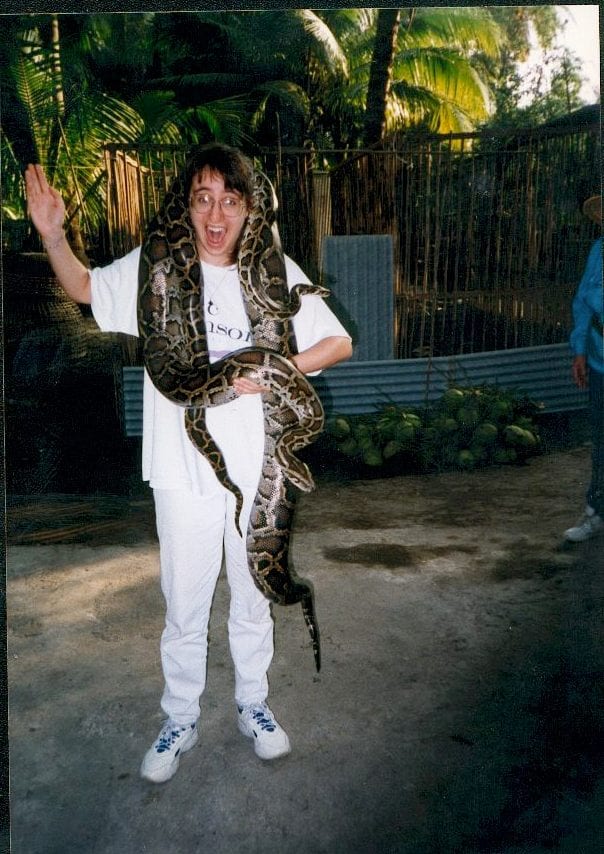I recently learned a quote from Carl Jung that shook me to my very core: What you resist persists.
 When I heard those words at a seminar I was struck between the eyes by their truth. The speaker who said them then took a long pause, looked at all of us, and added, “What you can’t be with runs your life.”
When I heard those words at a seminar I was struck between the eyes by their truth. The speaker who said them then took a long pause, looked at all of us, and added, “What you can’t be with runs your life.”
Whatever we push out of our minds finds a way to pop back up, sometimes in places we would not choose. When we learn to sit with challenging emotions, they will eventually become integrated into our experience and start to shift naturally.
We all have things we resist and avoid. One theme I have seen among my clients is an unconscious resistance to cultural differences, not out of a strong bias or negative feeling, but out of a desire to collaborate and find common ground.
For example, imagine you are from the U.S. and you have recently joined a team of American and French colleagues. Every time you go into a meeting with your French counterparts you come up against a lot of debate. Decisions don’t come quickly, and everything you bring up gets “argued.” You also notice that the French team members seem equally frustrated with you.
Rather than face this constant tension, you start finding ways to compromise. You remain diplomatic and sometimes just give in. You remind yourself to seek common ground, and eventually you develop a functional working relationship with the French team. Months later, however, you are plagued by low-level feelings of mistrust and frustration. The team is working together and collaborating but not optimally.
Why? Because what you resist persists. The cultural differences on your team caused irritation. Rather than learn to just observe that feeling and even embrace it, we tend to push it away. That makes sense; after all we have work to do. We are expected to collaborate.
What if we did embrace the irritation? What might we find? Perhaps we would develop a curiosity about it and want to know more. We might pick up a book about France and discover that debate and decision making through logical deduction are key values in French business culture. Our emotions around that style of decision making start to neutralize when we see it as one system among many.
Then the next time we go to a team meeting we put on our “observer” hat and take note of how our French counterparts interact, and more importantly, our response to those interactions. If the irritation comes, we let it be and make mental notes about our reactions and physical responses. The irritation becomes a friend, something that can be in the room without running the show.
Our curiosity and learning will likely shift the difficult emotion at some point, but only if we drop our resistance. We may even come to appreciate the cultural difference that once vexed us, and even integrate it into our own style. After all, debate, logic, and long-range decision making are all very useful skills!
What you resist persists, but allowing ourselves to respond to cultural differences without avoidance leads to greater objectivity and collaboration.
What will you run toward today? Whatever it is, may you soak in all the colors of the experience. You will be all the richer for it.
Want to face your cultural intelligence head on? Take the Intercultural Development Inventory, a validated assessment which measures your capability to navigate cultural differences. Contact us at [email protected] for a complimentary consultation.





